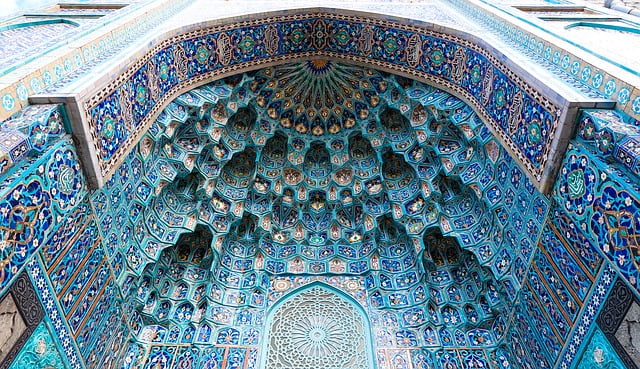Q&A Knowledge revival

Getting your Trinity Audio player ready...
|
Question
Can this ḥadith be verified?
The Prophet said: ‘He whom death overtakes while he is engaged in acquiring knowledge with a view to reviving Islam with the help of it, there will be one degree between him and the Prophets in Paradise.’
Answer
What is presented is not a Prophetic statement – it is not a Ṣaḥīḥ (authentic) narration that can be attributed to the Prophet peace and blessings be upon him beyond reasonable doubt. A huge number of websites in English cite this narration, ironically under the auspices of the importance of seeking knowledge, learning the Deen, and on occasion even concerning repentance. Yet it is quoted without a channel of transmission, isnād, who specifically narrated it and without an accurate reference to where it appears in the corpus of aḥādith. At times, some have included a reference number for this as being in the Sunan of al-Tirmidhi [no. 249], others have mentioned it is purportedly narrated by al-Ḥasan al-Baṣri from the Prophet peace and blessings be upon him. The referencing is neither correct nor adequate. The narration doesn’t appear in the collection of al-Tirmdhi, but it does appear at ‘no. 249’ in the book Mishkāt al-Maṣābiḥ [book of knowledge, no. 249] as being cited by al-Dārami.
Reasoning
The narration appears in the Sunan (sometimes referred to as the Musnad) of al-Dārami, [Vol. 1 no. 354, p. 112]; in full it is as follows:
أخبرنا بشر بن ثابت البزار ثنا نصر بن القاسم عن محمد بن إسماعيل عن عمرو بن كثير عن الحسن قال قال رسول الله صلى الله عليه وسلم من جاءه الموت وهو يطلب العلم ليحيي به الإسلام فبينه وبين النبيين درجة واحدة في الجنة
قال حسين أسد إسناده مسلسل بالمجاهيل
Bishr ibn Thābit al-Bazzār reported to us Naṣr ibn al-Qāsim narrated to us from Muḥammad ibn Ismā’il from ‘Amr ibn Kathir from al-Ḥasan he said the Messenger of Allah peace and blessings be upon him said:
He whom death overtakes while he is engaged in acquiring knowledge with a view to reviving Islam with the help of it, there will be one degree between him and the Prophets in paradise.
In his commentary upon the Sunan of al-Dārami, Ḥussein Asad said: ‘Its isnād contains a sequence of unknown narrators.’ Moreover, it is mursal, given that al-Ḥasan al-Baṣri was born a decade after the Prophet peace and blessings be upon him died. Al-Albāni confirms the same, arguing that the tradition is ḍaef (weak) in al-Silsilah al-Da’eefa [no. 5156, p. 261]; he writes: “(Regarding) Naṣr ibn al-Qāsim, al-Dhahabi said: ‘He was hardly known, only Bishr ibn Thābit (was) narrating it from him; it is said that there is a (missing) narrator between them.’ al-Ḥāifz [Ibn Ḥajar]: majhul (unknown).”
Compounding the matter of the missing narrators in the channel is that it is also mursal. The mursal as a standalone narration cannot be utilised as substantive evidence for anything as it is not connected by isnād to the Prophet peace be upon him [see: al-Muḥalla Vol. 1, pp. 72/74, Issue 93]. It is from the categories of ḍaef ḥadith, as outlined previously.
Caution must always be exercised when circulating statements that are attributed to the Prophet peace and blessings be upon him without proper reference. In other words, where it is quoted without an isnād, the name of the primary companion narrating it from the Prophet (peace and blessings be upon him), or even the collection it has been cited in.
حدثنا مكي بن إبراهيم قال حدثنا يزيد بن أبي عبيد عن سلمة قال سمعت النبي صلى الله عليه وسلم يقول من يقل على ما لم أقل فليتبوأ مقعده من النار
Makki ibn Ibrāhim narrated to us he said Yazid ibn Abi ‘Ubayd narrated to us from Salamah, he said I heard the Prophet peace and blessings be upon him saying:
Whoever (intentionally) ascribes to me what I have not said then (surely) let him occupy his seat in the fire.
[Ṣaḥīḥ Bukhāri]



